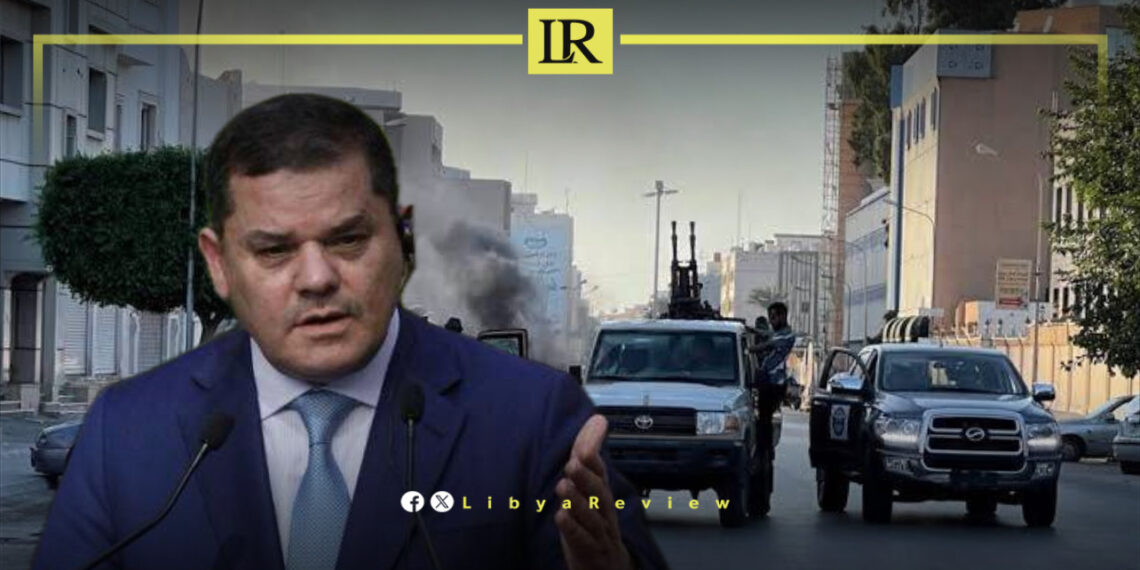Violence has once again erupted in western Libya, exposing the persistent fragility of security in the region. Heavy clashes broke out late Thursday in Misrata between two armed units aligned with the Government of National Unity (GNU), the Joint Operations Force, and the 24th Infantry Battalion, leaving several wounded and causing significant damage to homes and businesses.
The fighting took place in the Sakkat area of central Misrata, where residents reported intense gunfire and explosions echoing through residential streets. Videos shared online showed armed men exchanging heavy fire in densely populated areas, sparking panic among civilians and forcing families to shelter indoors.
The renewed violence once again highlights the volatile security landscape in western Libya, where rival armed groups, many nominally affiliated with the same government, frequently clash over influence, resources, and local control. Despite repeated promises by the GNU to disarm and integrate militias, no effective steps have been taken to establish a unified security structure.
In response to Thursday’s clashes, the GNU Ministry of Defense ordered an immediate freeze on movements by the 24th Infantry Battalion and announced the launch of an investigation, overseen by the Military Prosecutor General, to identify and punish those responsible. The ministry declared that “the integrity and authority of the military institution are red lines that will not be compromised.”
Political analyst Suleiman al-Bayoudi directly blamed Prime Minister Abdulhamid Dbaiba’s government, accusing it of “fueling chaos and concealing the results of investigations into past incidents.” He said every clash ends with promises of accountability, “but none of those investigations have ever produced public findings.”
Local figures echoed similar frustration. Journalist Taha Hadeed described the fighting as “unacceptable and reckless,” while former Misrata council member Suleiman bin Saleh warned that recurring armed confrontations “threaten the city’s security and damage its image.”
Observers say these clashes underscore the absence of a unified national command, with militias continuing to operate outside state control, a reality that risks plunging Libya’s west into deeper instability unless serious reforms take place.


